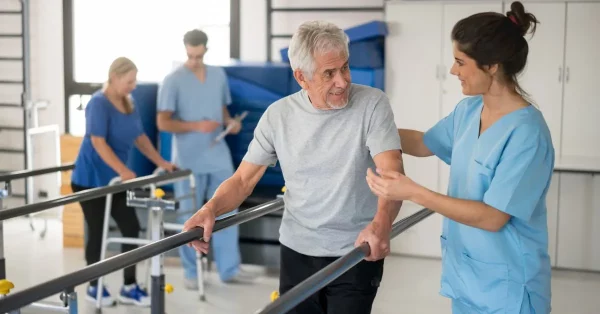
Tired or Overdoing It? Here’s How to Tell When To Push and When to Rest After Stroke
A common question survivors ask after a stroke is: Am I just tired, or am I pushing too hard? This question matters more than it

A common question survivors ask after a stroke is: Am I just tired, or am I pushing too hard? This question matters more than it
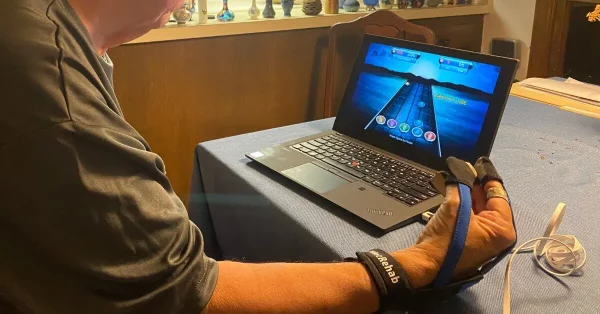
Hand function plays a vital role in everyday activities—from buttoning a shirt to holding a glass of water. When injury, surgery, stroke, or conditions like
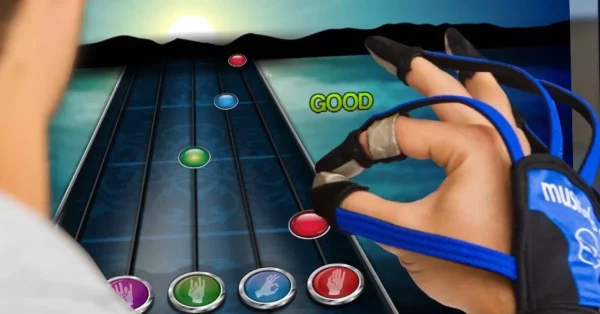
Stroke recovery isn’t always easy. Progress can feel slow, motivation can fade, and repetitive therapy exercises can become frustrating. But what if recovery could feel
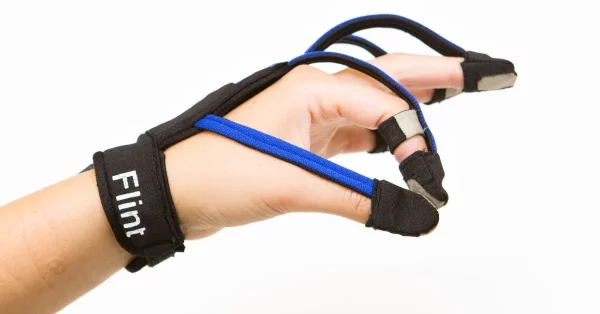
A stroke can significantly affect the hand and fingers, making everyday tasks like buttoning a shirt or holding a cup difficult. Regaining finger mobility and
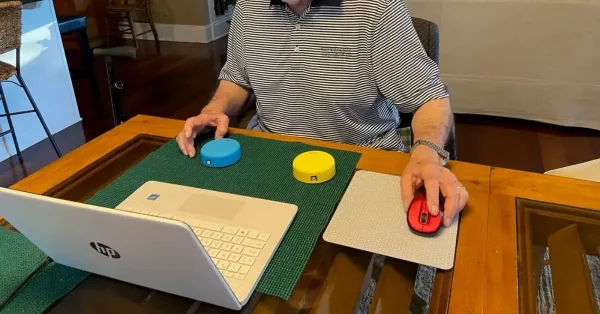
Recovering from a stroke is a journey that often requires consistent, long-term rehabilitation. And whether it’s physical therapy, speech therapy, or occupational therapy, repetition is
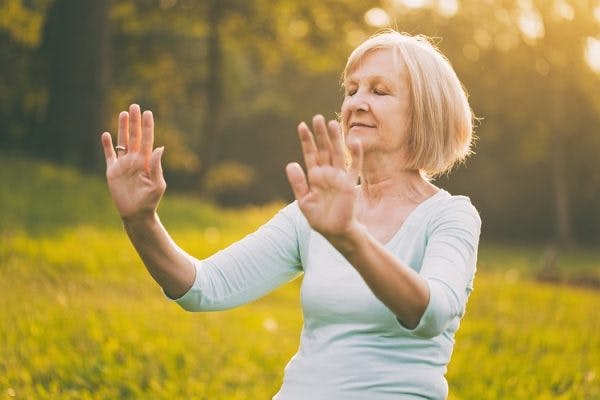
Practicing Tai Chi may be an effective way to promote recovery after stroke. Tai Chi for stroke recovery offers a low-impact and low-to-moderate intensity form of
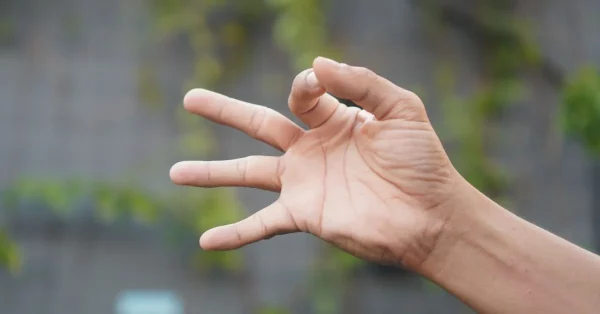
When you think about the incredible things your hands can do—tying shoelaces, typing, playing piano—it all comes down to coordination. One of the key building

A stroke can impair arm strength and mobility, especially if the motor cortex was affected. As a result, stroke survivors that want to recover arm
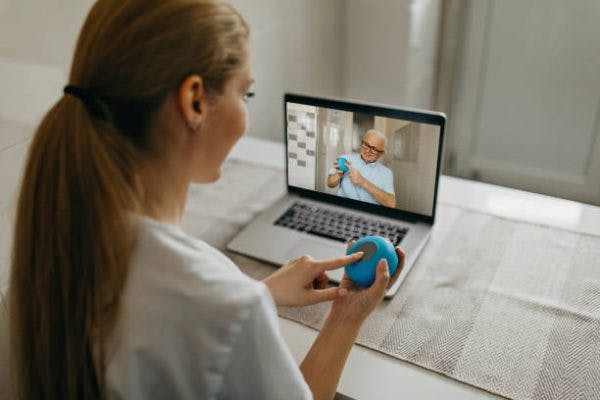
Stroke survivors often require frequent physical therapy, occupational therapy, or speech therapy rehabilitation appointments. Thankfully, more rehabilitation clinics are incorporating stroke telerehabilitation services into their
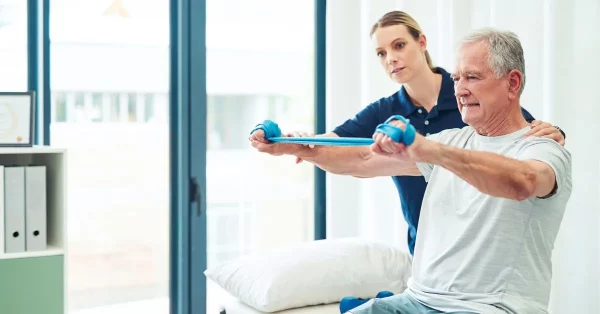
Stroke recovery is a journey that requires patience, consistency, and the right approach. One of the most effective ways to regain lost function is by

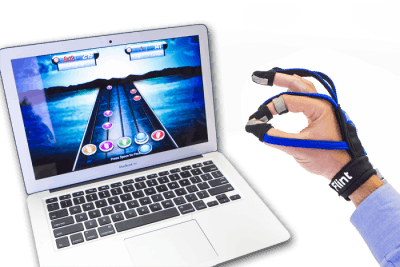
Take the first step towards recovery.